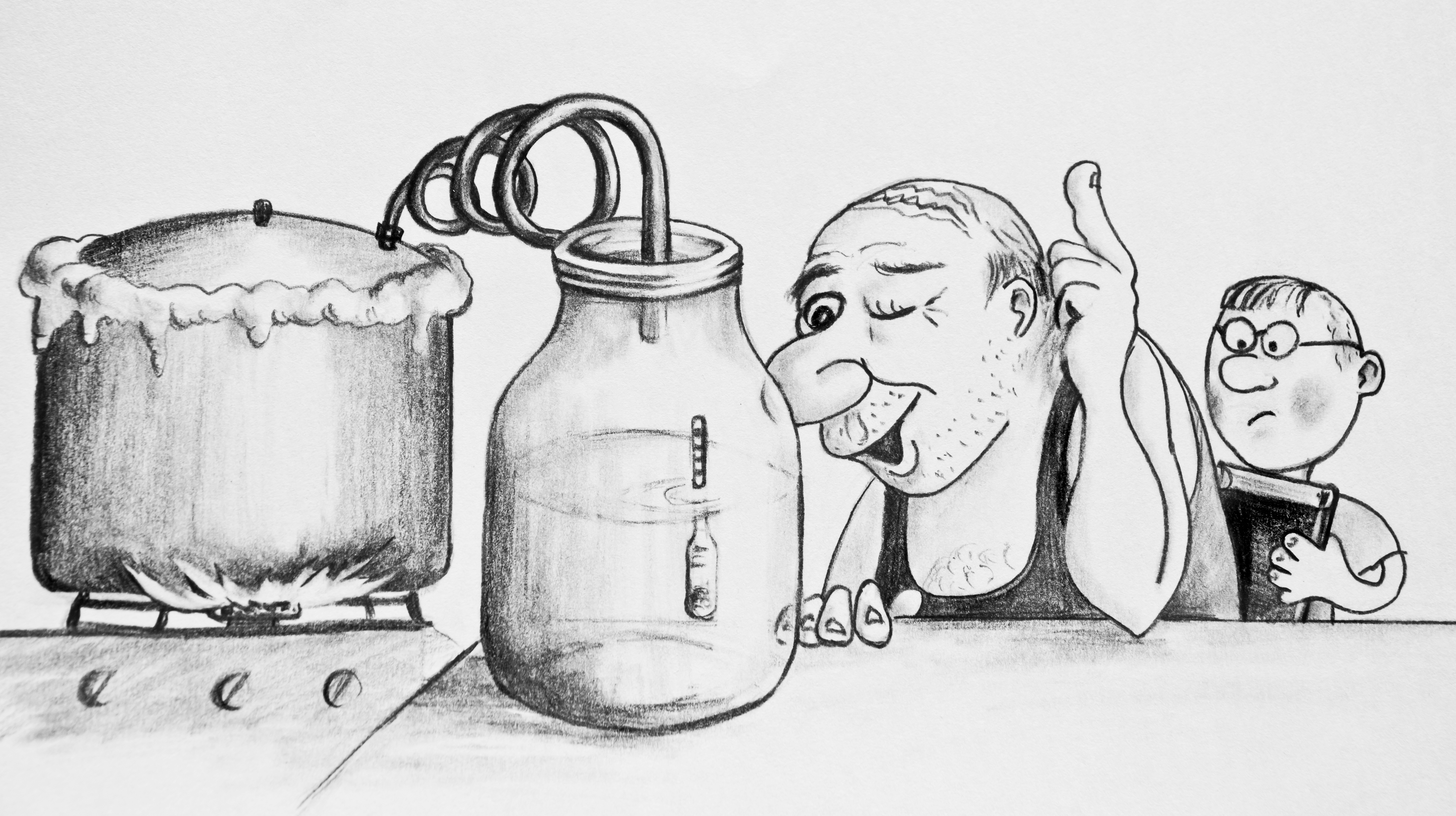Would You Buy A Bottle Of Lab-Grown Whiskey?
Back in June, we checked in on some of the distilleries and bars experimenting with sound-aged or pressure-aged whiskey. To that, Endless West would like to say, "Pffft." (We are not saying pfft, Cleveland Whiskey is good stuff.)
This cool-as-hell story from The Verge profiles Endless West, which was formerly known as Ava Winery. Back the the Ava days, its scientists tried to make wine without grapes and fermentation. Now, they're trying to make whiskey without whiskey stuff.
In Endless West's 1,800-square-foot lab, there are no implements ordinarily associated with making wine or whiskey. Instead, one sees chemists quietly sitting at computers beside beakers, gas chromatography and mass spectrometer machines, and something called a liquid handling robot, which is loaded with test tubes that are filled with liquid from "real" wines and spirits. The white-smocked bio and analytical chemists are measuring and mapping the molecular profiles of standard alcoholic beverages. There is even a scanning area with an "electronic nose" to measure olfactory properties; something you likely won't find in a standard winery lab.
What they'd come up with would be ultimately called "imitation alcohol beverages." Think along the lines of lab-grown meat, or orange-flavored orange drink—it's whiskey without casks or the fermented grain mash. Whether or not they can mass-produce such a thing remains to be seen, but a bunch of people with "hey, go make stuff" funding money think so.
The idea is to identify the compounds that make wine and spirits taste the way they do—to be specific, which naturally derived "carbohydrates, sugars, proteins, amino acids, and lipids comprise a wine or spirit, and which components encompass the organoleptic ["acting on or involving the sense organs"] profiles of various alcoholic beverages." They then take these aromatic and flavor elements and make a recipe; "neutral distillates or grain alcohol is then added to the recipe to synthetically formulate a wine or whiskey."
Our lingering question: What's the end goal? To produce a superior-tasting whiskey product that tastes like it's been aged for 20 years, but produced in two weeks? Will people buy it (the concept) and buy it (the product)? Either way, this is a good story—give them your clicks.
Science!
